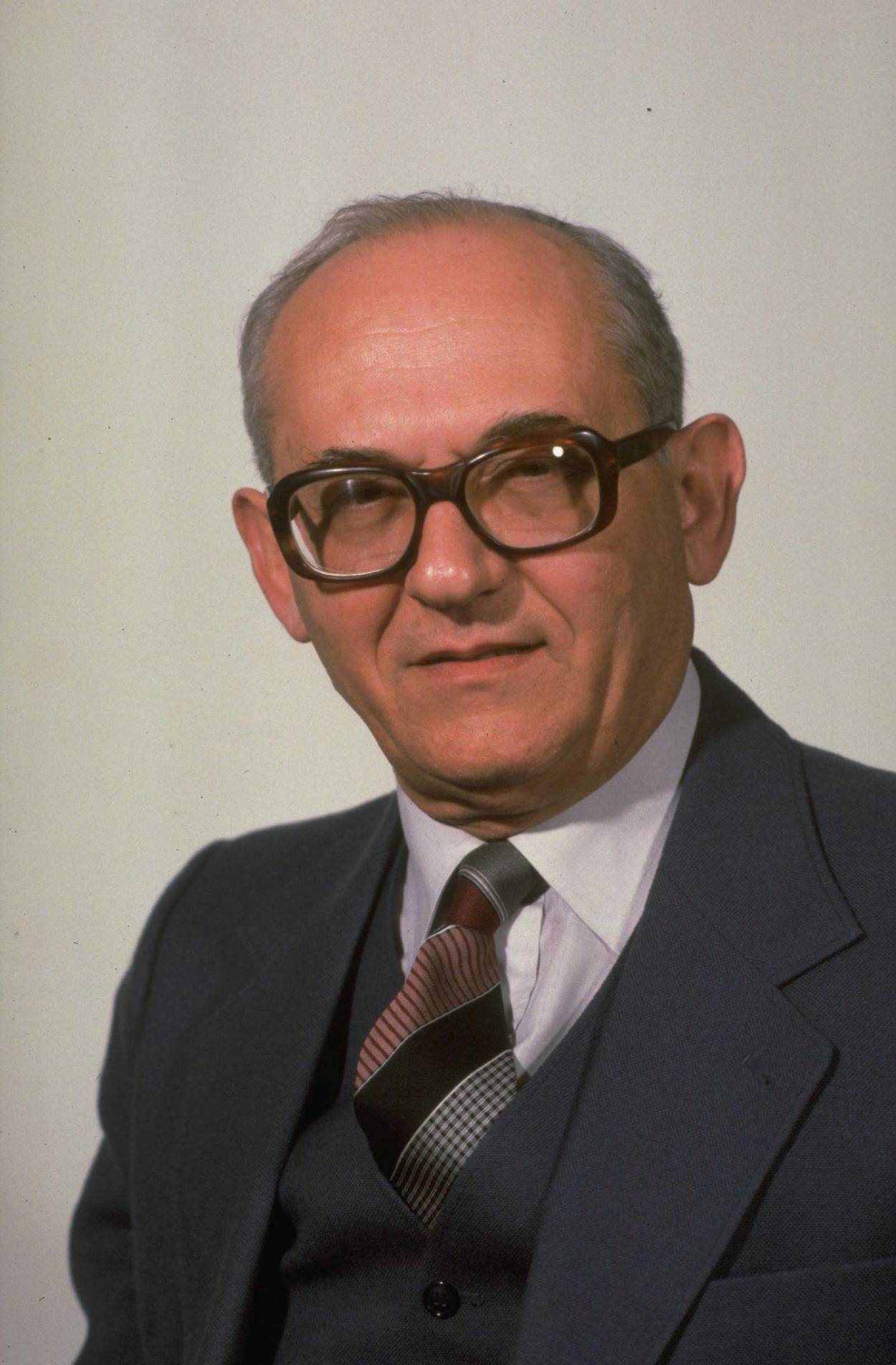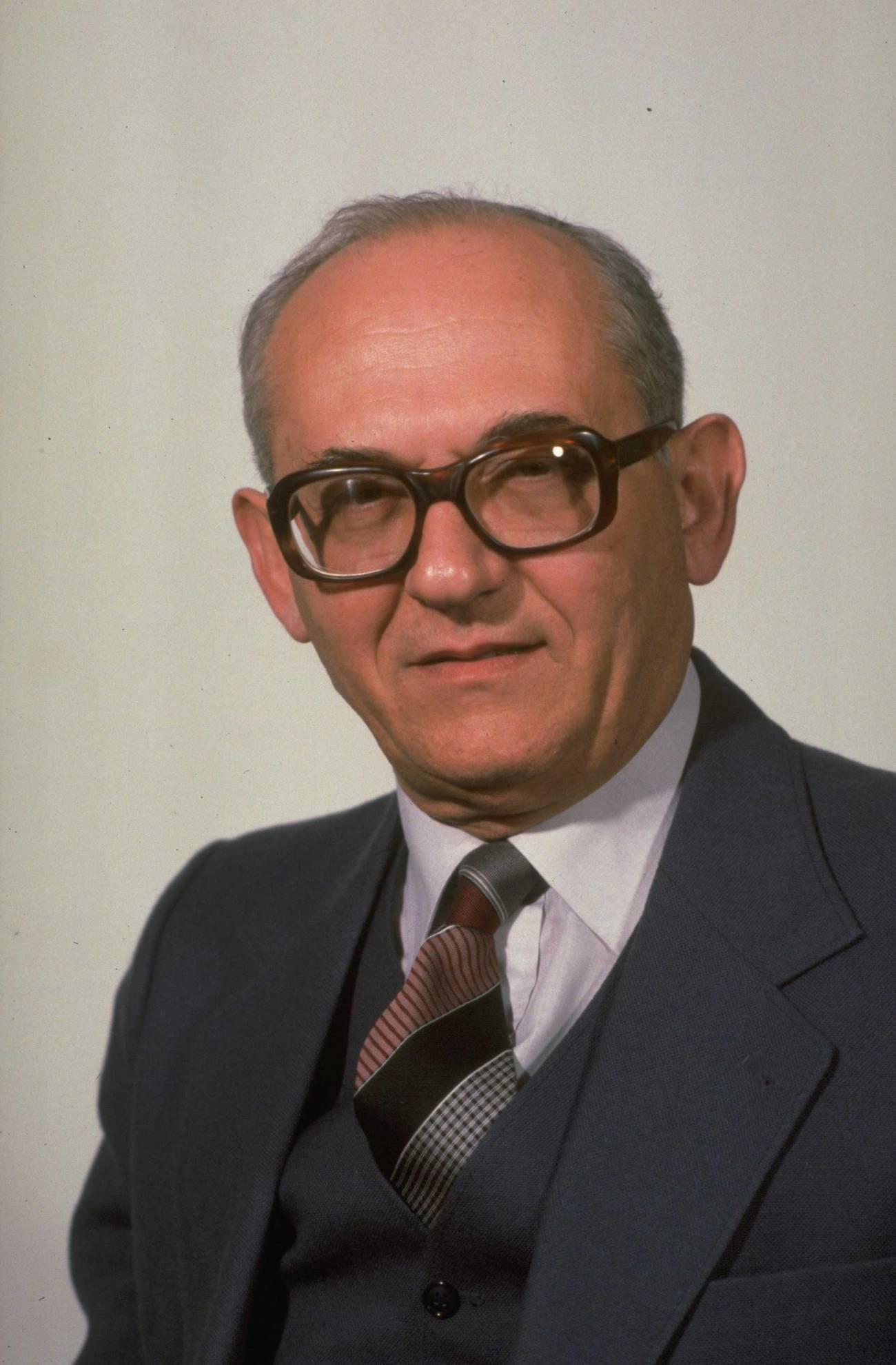On July 24, 2023, Israel’s Knesset amended the 1984 Basic Law concerning the judiciary to prohibit judges from using “the reasonableness test” (illat ha-sevirut) in reviewing governmental decisions. The passing of the amendment set off stormy demonstrations throughout Israel. The amendment states that no court of law “may consider the reasonableness of a decision by the Government, the Prime Minister, or any other Minister.” The amendment is part of the controversial “judicial reform” that is being pursued by Israel’s governing coalition.
In order to mollify the opposition, members of the government have recently claimed that the reasonableness test is “no big deal,” “a minor thing,” and “not very important.” Such claims are, to say the least, imprecise. After all, the concept of reasonableness has for generations occupied the best jurists and philosophers of law—in the United States since the Fourth Amendment to the Constitution was adopted in 1789 and in England since Vaughn v. Menlove in 1837. The Italian jurist Silvia Zorzetto, in her article “Reasonableness” (2015), argues that the concept of reasonableness (rationalibilitas) is firmly anchored already in ancient Roman law. Israeli law inherited the reasonableness test from British Mandatory law, but developed it in new, creative, and fruitful directions. It is probably true that Israeli jurists, more than any others, have developed the reasonableness test as a primary tool in judicial review.
The thrust of the extensive legal scholarship on the subject is that the reasonableness test is problematic and difficult to define. At the same time, it is eminently useful, and as the American jurists Sam Kamin and Justin Marceau concluded in their article “Double Reasonableness” (2014), “it is unlikely that any area of law lacks a reasonableness test at the center of a core doctrine.” Or as another American jurist, Brandon Garrett, argued in his article “Constitutional Reasonableness” (2017), the concept of reasonableness is the “glue that holds together vastly disparate constitutional provisions and standards.”
One fascinating Israeli contribution to the conceptualization of the reasonableness test is that of the late Supreme Court Justice Menachem Elon, the celebrated expert on Talmudic law. In 1989 he used the reasonableness test to overturn—or rather to correct— a previous decision by Supreme Court Justice Aharon Barak. In his ruling, Justice Elon resourcefully reinterpreted the reasonableness test in terms of Talmudic law and Rabbinic midrash.
Aharon BarakIsraeli Government Press Office
The case before Justice Elon was that of Gamaliel Shahino v. the National Labor Court and Others (High Court of Justice 516/86). It concerned a 1977 government policy on financial benefits for the disabled. According to this policy, a disabled person who lacked a driver’s license was entitled to receive a loan for the purchase of a car only on the condition that the driver of the car would be a relative who lives in the same building. This policy had been upheld by Justice Aharon Barak, who concluded, in the case of Yair Horn v. the Minister of Finance (High Court of Justice 630/84): “The question before us is if the condition chosen by the Government [i.e., that the driver must be a relative who lives in the same building] ... is so unreasonable that no governmental authority could choose it. We have no difficulty in answering this question, that the option chosen by the governmental authority is not so unreasonable as to warrant our intervention.”
In his ruling, Justice Elon agreed with Justice Barak that the condition according to which the disabled person’s driver must be a relative is not unreasonable, but, unlike Justice Barak, he dismissed as unreasonable the second condition according to which the relative must live in the same building. He ruled:
The requirement that the relative live in the same building is invalid because it discriminates against the entire community of disabled people who live in one-story houses, and it thus constitutes a decree [gezerah] with which it is impossible to comply—like “the bed of Sodom” which did not fit either the tall guest or the short one [BT Sanhedrin 109b]. [This requirement discriminates against] the majority of the entire disabled population ...
Now, the requirement that the relative live geographically close to the disabled person is reasonable, both because he needs to help him and be at his service, and also to reduce as much as possible the fear that the vehicle will not be used only by the disabled person. But securing these goals can be achieved in other ways which are reasonable and correct ...
The approach taken in the agreement, namely the requirement that the relative live in the same building, is not only less beneficial and less logical than the alternative approach of determining a particular distance [i.e., the driver must live within a specified distance from the disabled person], but it is completely unreasonable (bilti sevirah laḥalutin), for it discriminates against a considerable and large public, who it is clear in advance cannot meet the requirement of living in the same building.
Justice Elon was generally known as a critic of Justice Barak’s “activist” doctrine of judicial review. But here, in this case, he invoked the reasonableness test more freely and more confidently than Justice Barak, and he unequivocally and unhesitatingly dismissed the government’s policy as “completely unreasonable.”
There is in Justice Elon’s decision a clear distinction between reasonable and unreasonable: It is reasonable to require that the driver be a relative and live nearby. It is unreasonable to require that he live in the very same building. The difference is between a requirement with which most of the disabled can comply and one with which most of them cannot comply.
Justice Elon in effect interpreted the modern legal concept of reasonableness in terms of the old Talmudic principle: “One may not enact a decree on the public unless the majority of the public is able to comply with it” (BT Avoda Zarah 36a; cf. JT ibid., 2:9 45d). He writes about this principle in his classic book Jewish Law (in Hebrew, 1973, pp. 443-442; English translation, 1994, pp. 539-540): “This essential principle was a guiding rule and a directive in all the legislative activity of the scholars of Jewish Law.” According to Justice Elon, the requirement that the disabled person live in his building is unreasonable because “the vast majority of the disabled public” are unable to comply with it.
Justice Elon in effect interpreted the modern legal concept of reasonableness in terms of the old Talmudic principle: ‘One may not enact a decree on the public unless the majority of the public is able to comply with it.’
This decision of Justice Elon’s concerning the rights of the disabled is a good example of his well-known practice of interpreting contemporary Israeli law in terms of Talmudic law, thus giving the contemporary law new depth and fecundity. Such decisions reveal Justice Elon’s erudition and ingenuity, but more important, they demonstrate how recourse to Talmudic law can strengthen and enhance Israeli law.
The most common argument voiced today in Israel by critics of the reasonableness test is that it is allegedly “subjective.” However, the interpretation advanced by Justice Elon gives the reasonableness test a firm objective and empirical basis. For example, it is possible for legislators or judges to avail themselves of sociological researches, public surveys, opinion polls, etc., in order to assess whether or not the majority of the public is able to comply with a proposed decree. Maimonides sets down strict instructions to Rabbinic judges, who sometimes function also as legislators, and admonishes them to seek empirical data before enacting decrees: “A court that intends to enact a decree, set down an amendment, or ordain a custom is required to evaluate the situation in order to ascertain ahead of time if the majority of the public is able to comply with them” (Laws of Rebels 2:5).
Later Israeli justices did not follow Justice Elon’s precedent in interpreting the reasonableness test in terms of the Talmudic principle “One may not enact a decree on the public unless the majority of the public is able to comply with it.” However, it seems to me that the principle could have been cited profitably in several past decisions of the Israeli High Court of Justice that were based on the reasonableness test. Consider, for example, the decision in 1989 to invalidate the prohibitory injunction of the minister of the interior and to allow the construction of a sports stadium in Jerusalem, later called Teddy Stadium, for the benefit of all Jerusalemites (High Court of Justice 581/87); or the decision in 2005 to invalidate certain sections of the Gaza Disengagement Law in order to increase the financial rights of all the evacuees from the Jewish settlements (High Court of Justice 1161/05) (2005); or the decision in 2007 to invalidate the policy of the minister of defense and to require the government to reinforce school buildings fully against rocket fire in the communities adjacent to the Gaza Strip and in the city of Sderot (High Court of Justice 8397/06); or the decision in 2014 to invalidate the decision of the Kfar Vradim Local Council and to obligate it to build a ritual bath (mikvah) for citizens who wish to use it (Administrative Appeal 662/11). These cases concern services or benefits provided by a governmental authority. In all of them the authority’s original decision created an objective hardship for a large sector of the public, and the court, using the reasonableness test, offered relief.
However, not all examples of the High Court of Justice’s use of the reasonableness test can be interpreted in terms of the Talmudic principle concerning a decree with which the public is unable to comply. Indeed, the most controversial cases do not lend themselves to such an interpretation.
An instructive case that is often cited by both proponents and critics of the current judicial reform is The Parents Circle Families Forum and Others v. the Minister of Defense (2964/18; cf. 3030/23). In 2018, the minister of defense denied entrance to Israel to 110 Palestinians who wished to participate in the annual Joint Israeli-Palestinian Memorial Ceremony in Tel Aviv on Israel’s Memorial Day, and he explained that “this is not a memorial ceremony, but a demonstration of bad taste and insensitivity.” His decision was overturned by the justices (High Court of Justice 2964/18; cf. 3030/23), who ruled that it is “unreasonable” to prevent individuals from attending a public ceremony provided there are no security concerns. This ruling underscored the value of the reasonableness test, which enabled the court to permit the convening of an important public event that advances peace and goodwill. However, critics of the reasonableness test attacked the court’s ruling, and argued that it is a blatant example of unelected justices using a purely subjective test in order to cancel the legitimate ideological policies of a duly elected minister and to usurp executive powers. “Why,” they asked, “is the Court’s notion of reasonableness preferable to that of the Minister of Defense?”
The reasonableness test is a very valuable legal standard, but it is undeniably problematic. Judges who employ it should be sensitive to the arguments of its critics, and should be careful to avoid as much as possible the pitfall of subjectivity. Justice Elon gave the reasonableness test a firm objective and empirical basis that is relevant in many cases but unfortunately not in all.
Let us now return to Justice Elon’s decision regarding the rights of the disabled. He made reference in his decision not only to Jewish law but also to Rabbinic midrash. He compared a requirement with which the majority of the public is unable to comply to the “bed of Sodom,” which fit neither tall nor short guests. The wicked people of Sodom, like the legendary Greek criminal Procrustes, would saw down the legs of the tall and forcibly stretch out those of the short to make them fit the bed. The use of the powerful image of the “bed of Sodom” reveals the intensity of Justice Elon’s aversion to unreasonable laws.
Over the years, the judges of the State of Israel have contributed to the evolution of the reasonableness test with scores of well-argued legal decisions, and have used it boldly to protect the rights of citizens. Is it reasonable to discard it now?


